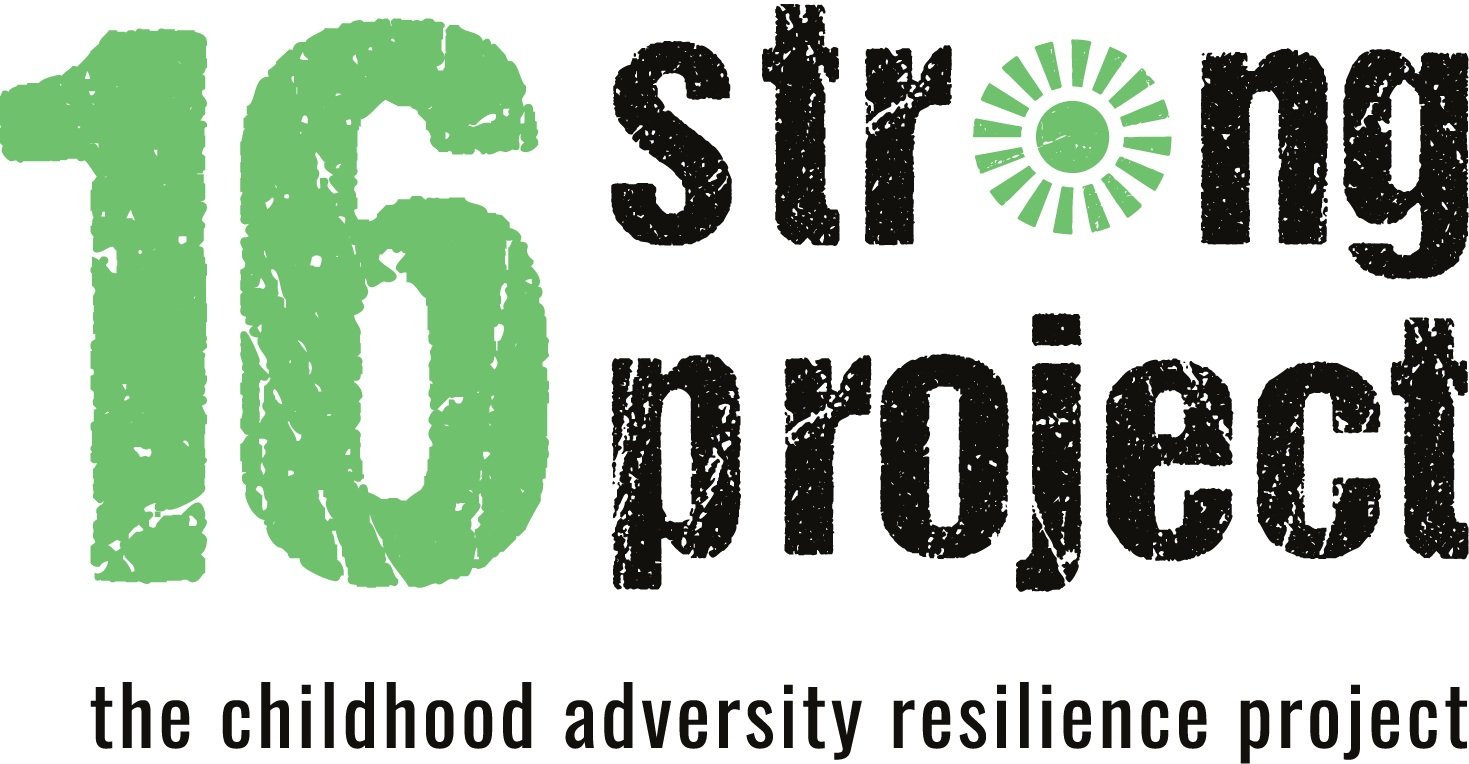Belonging
Growing up, I never truly felt a sense of belonging to any group—and in the society I was raised in, not fitting in meant not belonging at all. I’m an Asian American woman adopted into a family with a single white mother and an older sister, also Asian, who was adopted as a baby. I came to the U.S. when I was four years old, without knowing a word of English. From the moment I arrived, I was thrown into a world I couldn’t understand, and the message was clear: I had to learn English, I had to learn the American culture, and I had to abandon the parts of me that made me different; made me foreign. If I could speak the language, I could be understood, and maybe even accepted. So, I did. I became fluent. I grew up in rural Massachusetts, attending a predominantly white preschool, and later, mostly white middle and high schools. As I learned the language, I also absorbed the culture, slowly leaving behind my Chinese roots in order to fully embrace an American identity. But even then, even when I spoke the language flawlessly and knew the culture inside and out, I still didn’t belong. I wasn’t part of the “cool kids.” I wasn’t white. When I got to college, I hoped things would be different. I expected to find more racial and cultural diversity, especially among other Asian students. I thought I’d finally find a sense of belonging. But instead, I realized I was seen as too “whitewashed” to truly fit in. The years I had spent distancing myself from my Asian heritage in order to survive and assimilate had left a gap I didn’t know how to bridge. I came to understand that suppressing my roots didn’t make them disappear, it just left me feeling disconnected from both worlds. As a young adult now out of college, I’ve come to realize that I don’t need to fit neatly into one group or another—I can build my own community built up of people I choose who never make me question whether or not I belong.
